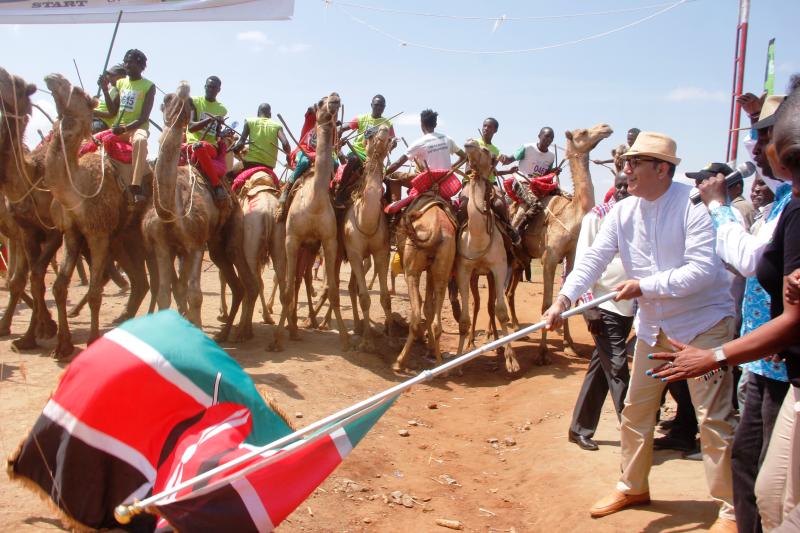
The camels have cooled down their toes and dust has settled on the 29th Maralal International Camel Derby that took Samburu County by storm last weekend. And as the Yare Club grounds that hosted the four-day festivities returns to normalcy, there are numerous takeaways from the annual derby. The beast of ancient travel, which is classified as a mammal and has a hump at the back consisting of fatty deposits, has thrilledsports lovers for three decades now.
This year, thousands of Samburu residents welcomed hundreds of foreigners to celebrate their unity in cultural diversity through sport, tourism and community conservation. From the young to the elderly, everyone had something to enjoy and a lesson or two to take home.